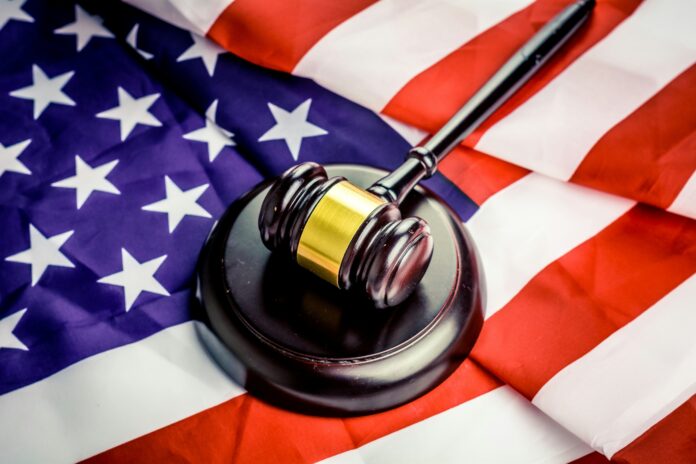
The American Bar Association’s Standing Committee on Ethics and Professional Responsibility on Feb. 28 released Formal Opinion 509. The opinion clarifies the scope of Model Rule of Professional Conduct 1.11(c), which “protects a person from the misuse of certain information about the person that the government used its authority to acquire.”
According to the rule, this is defined as “information obtained under government authority about a person which the government is prohibited from disclosing to the public or has a legal privilege not to disclose and is not otherwise available to the public.”
Opinion 509 begins by explaining how Rule 1.11(c) differs from the standard confidentiality obligations the rules establish for lawyers, including current and former government lawyers. The opinion then addresses two potentially ambiguous areas: whether the Rule applies to a current government lawyer representing a private client and the definition of “private client.”
The committee first noted the objective of the rule is to “prevent the lawyer’s improper use of his or her official position” and to protect others from that exploitation. Specifically, the rule seeks to protect others from a former or current government lawyer misusing confidential government information they acquired while serving as a public officer or employee.
How is it different?
One of the ways Rule 1.11(c) differs from other confidentiality rules is it provides a disqualification mechanism in some cases to protect individuals and entities “to whom the information relates (which may or may not be the person from whom the government obtained the information).” Other rules may only protect former clients.
Rule 1.11(c) is also different from others because it doesn’t only apply if the lawyer served in a representational capacity when they got the confidential information. “This furthers the Rule’s objective because there is the same need to protect the information from misuse regardless of the lawyer’s role or status in the government when the lawyer obtained the information,” the opinion noted. The committee clarified the rule “applies to lawyers who acquire confidential government information while serving as legislators, public executives, and other public officers who are not representing the government as legal counsel.”
The committee also explained Rule 1.11(c) only protects certain information acquired by the lawyer. Comment 4 to the rule explains government lawyers can’t disclose or use “confidential government information about a person,” because the government is obligated to protect such information.
Opinion 509 clarifies confidential government information includes information obtained under “a grand jury subpoena, a search warrant, a regulatory subpoena or other government power.” The rule doesn’t apply to all information in such cases but “only to information that, at the time the Rule is applied, the government is legally prohibited from disclosing to the public or has a legal privilege not to disclose if the information is not otherwise publicly available.”
Who is it talking about?
The committee noted Rule 1.11(c) doesn’t exclusively apply to lawyers who formerly served as public officers or employees. The rule applies to any full- or part-time lawyer who has served as a government officer or employee.
Opinion 509 also noted the rule applies “when the lawyer (1) represents a private client outside of the lawyer’s government employment and (2) possesses information, acquired when the lawyer was a government officer or employee, that the lawyer knows is confidential government information that could be used to the material disadvantage of a person whose interests are adverse to the lawyer’s private client in a matter.”
Essentially, the committee noted it interpreted the rule to also include lawyers currently serving as a public officer or employee. It noted “this reading accomplishes the objective of the Rule and leads to the soundest result.”
Who is a private client?
The opinion explains “Rule 1.11(c) applies in the very least to private persons and entities whom a lawyer represents in private practice, whether that practice follows government service or is concurrent with it.”
The committee clarified private clients also include public entities and officials the lawyer represents in private practice if those clients aren’t legally entitled to employ the confidential information.

